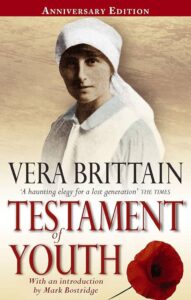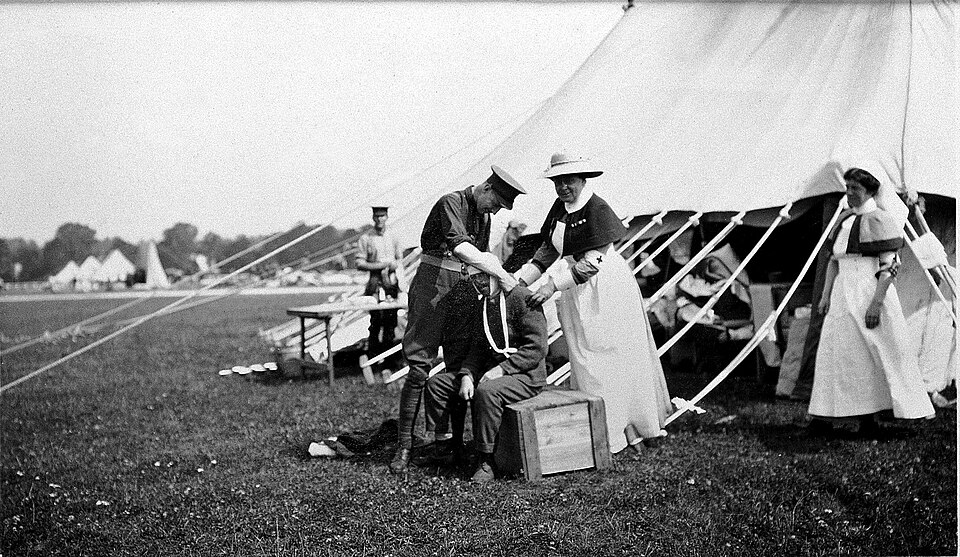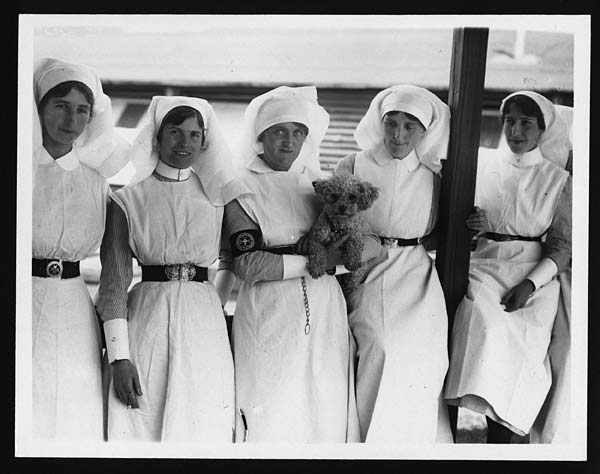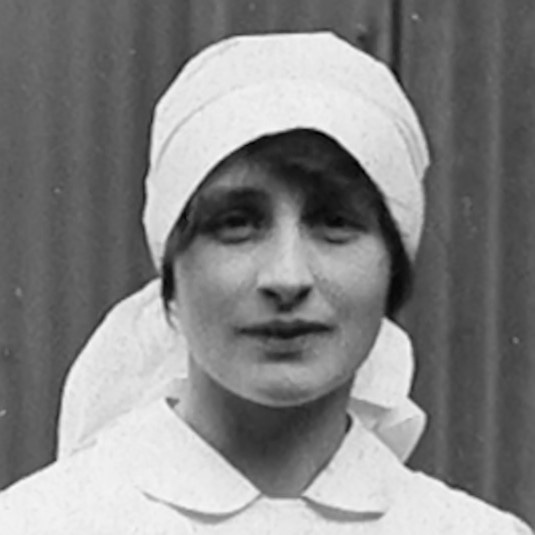 “When I was a girl …. I imagined that life was individual, one’s own affair; that the events happening in the world outside were important enought in their own way, but were personally quite irrelevant.”
“When I was a girl …. I imagined that life was individual, one’s own affair; that the events happening in the world outside were important enought in their own way, but were personally quite irrelevant.”
First of all, I’ll cover what I appreciated.
This book was one person’s experience during World War I, a person who decided to engage with this “beast” of a war, in spite of her disagreement with it, and instead of sticking her head in the ground and attempting to avoid the horrors and atrocities of it all. One must admire her for that. The death of her fiance and brother and friends is something that few of us can really understand, the grief of the loss of so many loved ones and the guilt of being the one left behind. I can certainly sympathize with her experience.
Now for the parts that irritated and grated and made it difficult for me to trudge through this unnecessarily thick volume.
Brittain comes across as self-righteous and judgemental throughout most of the book. If she had developed these aspects of her character after the war, because of her experiences in it, it might have been something that I could have overlooked. But from page one, even when she was relating events of her childhood, she sounded deprecating towards her parents, disgusted with the culture of her times and highly irritated with most of the people around her. Very few people seemed to behave the way Brittain wanted them to and when they didn’t, they were judged, judged, judged.Brittain also seemed to know better about everything than anyone else. Again, I could understand if she was writing the book fresh from the horrors and disappointments that she experienced, but she’s writing decades later when one would expect her to develop some maturity and humility in her outlook. But, nope.
Interestingly, I have been reading C.S. Lewis’s collected letters and coincidentally was reading about his experience in WWI at the same time as I was reading about Brittain’s. What two completely different outlooks! Lewis (who could have been exempt from the war because of his age and his nationality, but chose to participate out of a duty) does his job and tries to make the best of it. He doesn’t gloss over atrocities (his sergeant was blown up and killed right beside him, and he makes reference to his sympathy for a man who is a widower and lost both of his sons in the war) but Lewis lives in the “now” and is grateful for what he has. Yet he also states what he thinks is wrong with the political framework with regards to the war. Lewis comes across much more matter-of-fact and less condemnatory in a self-satisfied way that is apparent in Brittain’s tone. (Note: Lewis was not a Christian at this time)





Thank you for your honest review of this book. I have had this on my TBR for some time now and still plan to read it at some point. I had read that it is an unflinchingly honest and accurate portrayal of the anguish experienced by the young people of England and for that it is an important work to read, despite how Brittain was herself. I’m keen to know – would you agree or disagree?
Ooops….I accidentally hit the K on my keyboard at the end of my name. LOL
So here is my take, and keep in mind that it’s my opinion only. I don’t think Brittain was able to place herself back in those times and convey with an honesty what she felt at those times (youth & during the War). I felt that all her narrative was coloured by the feminist ideas that she had developed throughout her life and everything she related was coloured by them. She comes across as having a chip on her shoulder and looked down on many people with a lack of empathy that I found startling. It’s interesting because Dorothy Sayers went to school with Brittain and, with Sayers, when I read her works, even though she experienced the same challenges as Brittain with regard to women’s education, I never sense the superciliousness and condescension that I do with Brittain. So honestly Brittain really annoyed me. I would say this book is definitely worth reading but I would also caution you to look for more obscure books from people who lived during this time as well, for a realistic view. Brittain’s opinion is only one opinion and I wouldn’t necessarily say that it was even a general one.